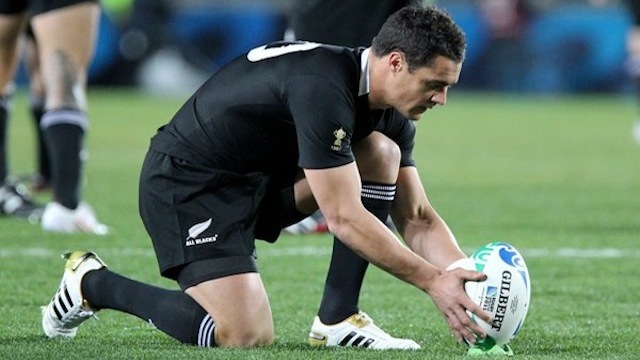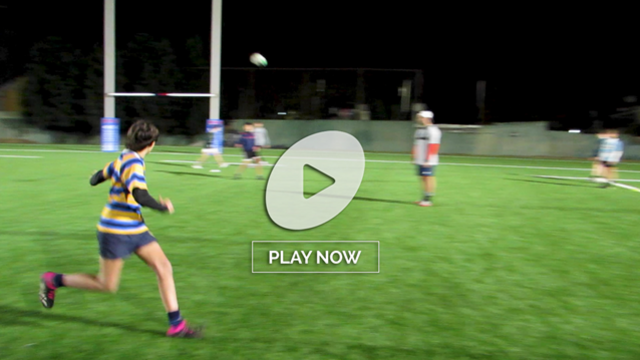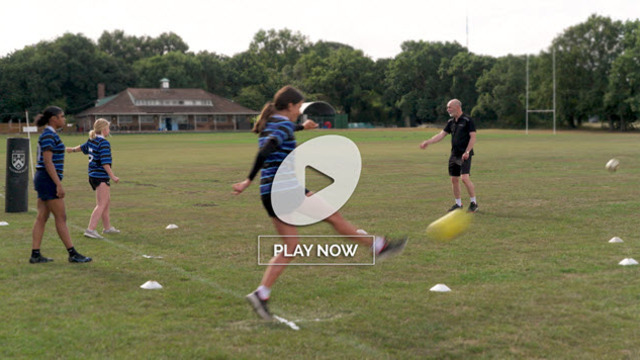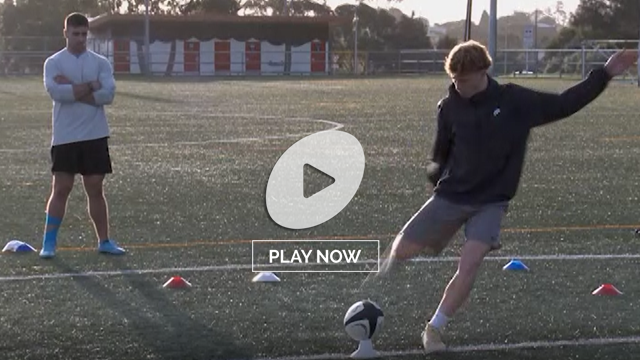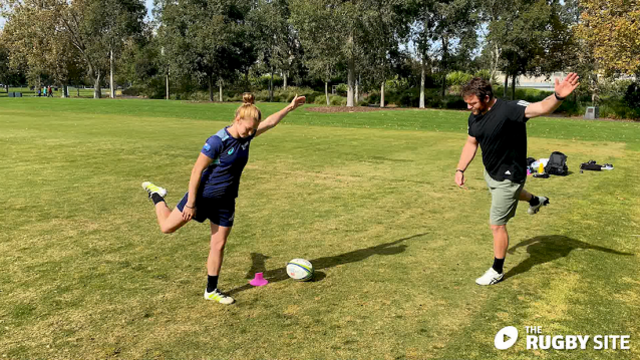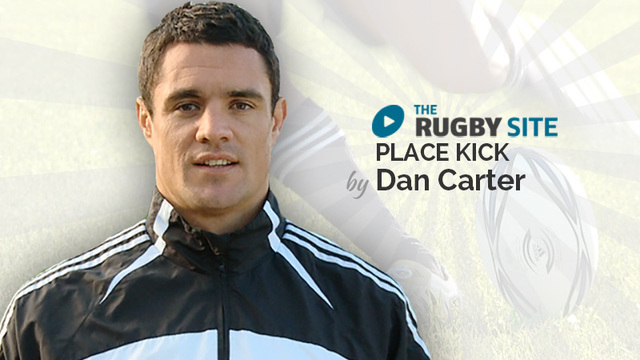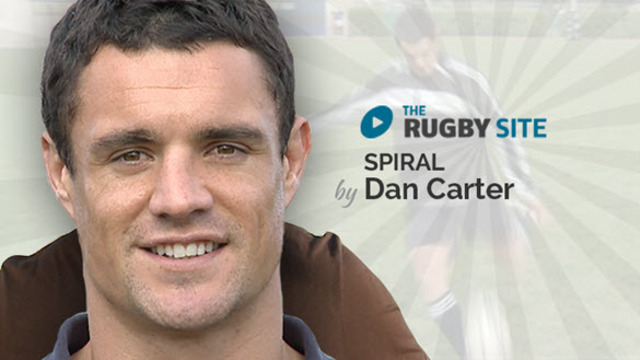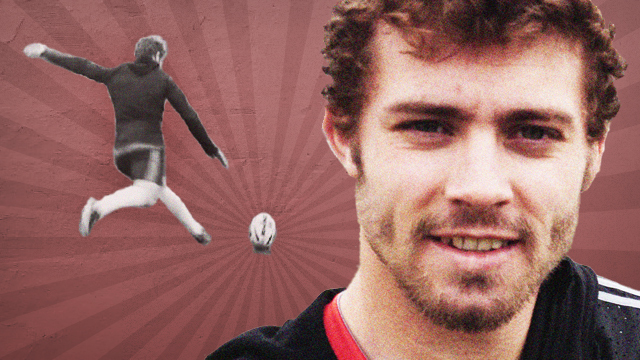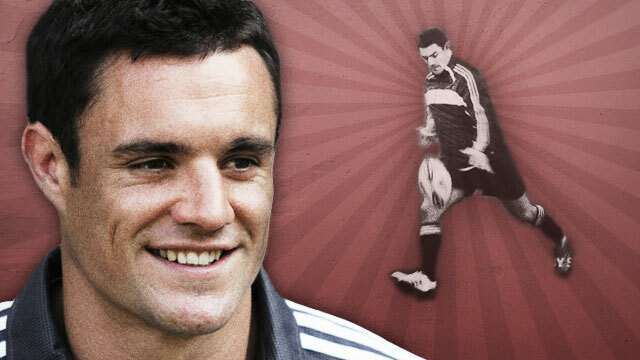I played in some early test matches when the ball scarcely went past the half back. And if I was lucky enough to receive a pass at number 10, then there was a weight of expectation that I would kick the ball – high, low, angled, grubber, spiral, end over end, make my choice, so long as it was to kick.
We played a territory game and my brief was to keep the ball in front of the forwards. It removed the element of risk. If your forwards were on top and your kicking was accurate, then you won the test match. Simple as that. But what is rugby without an element of risk.
Back in the sixties kicking had reached epidemic proportions because a player could kick the ball out on the full from anywhere on the pitch. One match between Wales and Scotland featured 111 lineouts and so they changed the laws.
In the 70’s matters hadn’t moved on that far. Ray Prosser, the famous Pontypool coach, said he didn’t mind his 9 having the ball every now and then, but if it reached his number 10, then he became suspicious. That was a move and Prosser ‘ated moves.
Professionalism did much to change rugby’s emphasis. When I returned to New Zealand in 2004, kicking was no longer a big part of the national psyche. In New Zealand players were passing 8-10 times for every kick. It was too much. South Africa won a World Cup passing about 3 times for every kick. That was too little and so the IRB modified the laws to remove the fear from possession.
The kick has now become a significant attacking weapon. You might use it as an immediate attacking option, as Carter did when sliding a ball through from his own 22 to set up a try against South Africa in the 2011 Tri Nations. Or you might use it to prompt a weak defensive kick in return and create a ball to counter attack from as the All Blacks did against Australia at Eden Park last year.
The kick has also become a weapon to push around the opposition defence. Perhaps it always was. But a good kicker can drive the opposition wings further and further back. That creates a lot of grass between the back three and the frontline defence, new space for a kicker to exploit.
The All Blacks have a number of great kickers and they understand the part it plays in attack. There are Carter and Weepu and Cowan of course, but Conrad Smith is one of the best off either foot at the grubber kick in behind. Richard Kahui is another very good kicker and Ma’a Nonu has improved a lot in recent years.
Work with the whole backline on improving the kicking game and work at communication. The first five-eighth or fly-half is often not best placed to see the shifting patterns of the defence. He is concentrating on the half back at the breakdown in order to time his move.
You need the people around him to read the space in the backfield. Aaron Mauger used to be superb at that. So even kicking is a partnership. Keep talking to each other. Kicking is still one of rugby’s most important skills. It helped the Reds win the Super 15 and it helped New Zealand win their first two matches in the Tri-Nations in 2011.
Want to learn more? Check out our kicking section for more videos, blogs and information.
